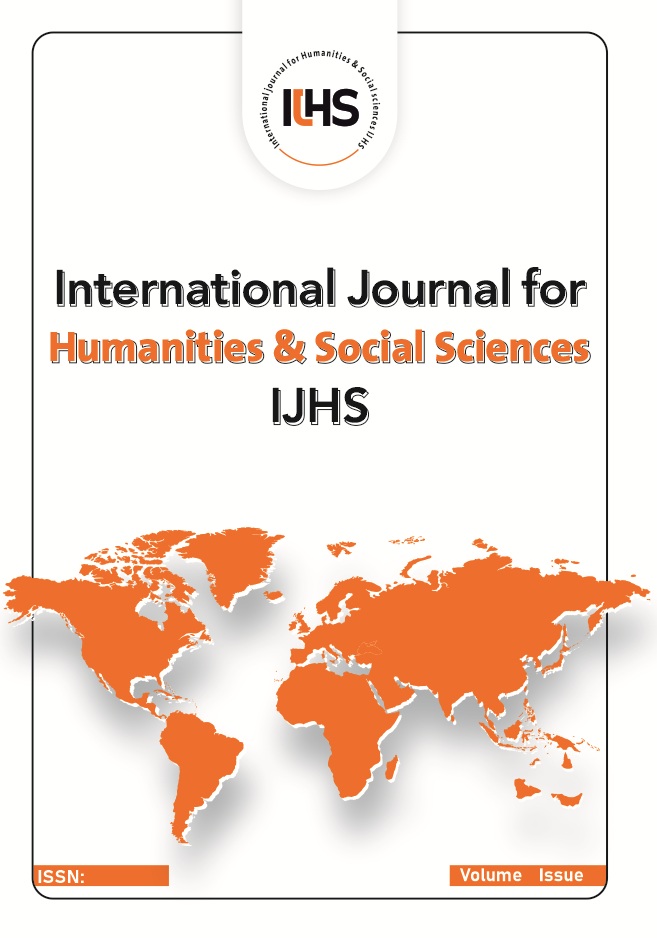The effect of rational therapy on modifying irrational thoughts among university students
Main Article Content
Abstract
The current research aims to identify the effect of the thinking distraction method in reducing existential frustration among university students at the College of Physical Education and Sports Sciences/Al-Qasim Green University. The researcher has dealt with a theoretical framework that includes all the variables of the research, and to achieve the goal of the research, an existential frustration scale was built, using a statistical analysis sample. The number of items in this scale was (200) and after verifying its validity and reliability, the number of items in this scale reached (30) distributed across the scale’s areas. To test the research hypotheses, the researcher chose a sample of (14) male students only, who were intentionally selected from those who obtained the highest scores on the scale. Existential frustration scale: They were divided into two groups (experimental and control) with (7) students in each group. After parity was achieved for the two groups. As well as building the therapeutic program according to the problems posed in the scale according to the method (the thinking-distraction method), one session of the therapeutic program was taken, and after completing the application of the therapeutic program using the group therapy method on the research sample, the results showed that the program was effective in reducing existential frustration among university students.
Article Details

This work is licensed under a Creative Commons Attribution 4.0 International License.
International Journal for Humanities and Social Sciences (IJHS) is licensed under the http://creativecommons.org/licenses/by/4.0, which allows users to copy, create extracts, abstracts, and new works from the article, alter and revise the article, and make commercial use of the article (including reuse and/or resale of the article by commercial entities), provided the user gives appropriate credit (with a link to the formal publication through the relevant DOI), provides a link to the license, indicates if changes were made, and the licensor is not represented as endorsing the use made of the work. The authors hold the copyright for their published work on the IJHS website, while IJHS is responsible for appreciate citation of their work, which is released under http://creativecommons.org/licenses/by/4.0, enabling the unrestricted use, distribution, and reproduction of an article in any medium, provided that the original work is properly cited.

